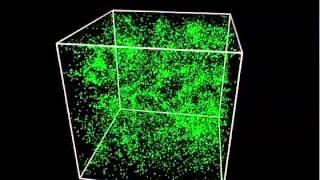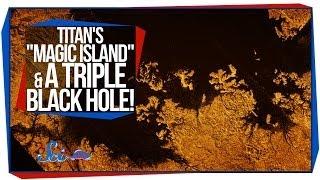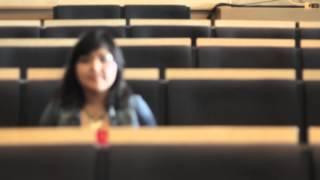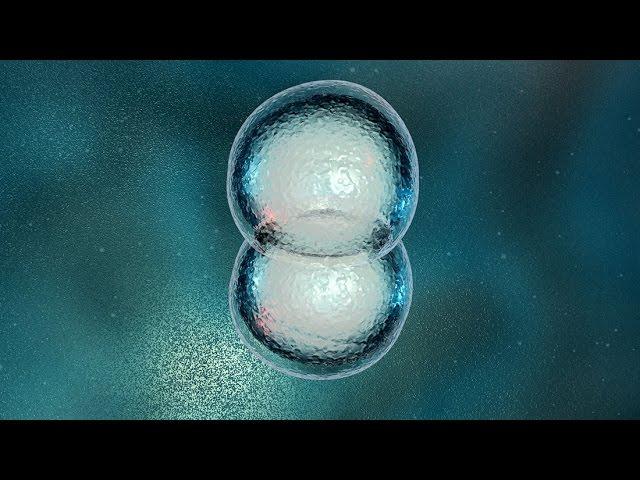Time Travel, Teleportation & Science
Time travel is the concept of moving between different points in time in a manner analogous to moving between different points in space, generally using a theoretical invention, namely a time machine. It has a commonly recognized place in philosophy and fiction, but has a very limited application in real world physics, such as in quantum mechanics or wormholes.
Although the 1895 novel The Time Machine by H. G. Wells was instrumental in moving the concept of time travel to the forefront of the public imagination, The Clock That Went Backward by Edward Page Mitchell was published in 1881 and involves a clock that allowed three men to travel backwards in time.[1][2] Non-technological forms of time travel had appeared in a number of earlier stories such as Charles Dickens' A Christmas Carol. Historically, the concept dates back to the early mythologies of Hinduism (such as the Mahabharata), Buddhism, and Islam through ancient folk tales. More recently, with advancing technology and a greater scientific understanding of the universe, the plausibility of time travel has been explored in greater detail by science fiction writers, philosophers, and physicists.
Teleportation, or Teletransportation, is the theoretical transfer of matter or energy from one point to another without traversing the physical space between them. It has a commonly recognized place in science fiction literature, film, and television, but as yet has a very limited application in real world physics, such as quantum teleportation or the study of wormholes.
Science (from Latin scientia, meaning "knowledge") is a systematic enterprise that builds and organizes knowledge in the form of testable explanations and predictions about the universe. In an older and closely related meaning, "science" also refers to a body of knowledge itself, of the type that can be rationally explained and reliably applied. A practitioner of science is known as a scientist.
In modern usage, "science" most often refers to a way of pursuing knowledge, not only the knowledge itself. It is also often restricted to those branches of study that seek to explain the phenomena of the material universe.
Source : Wikipedia
-
04:10
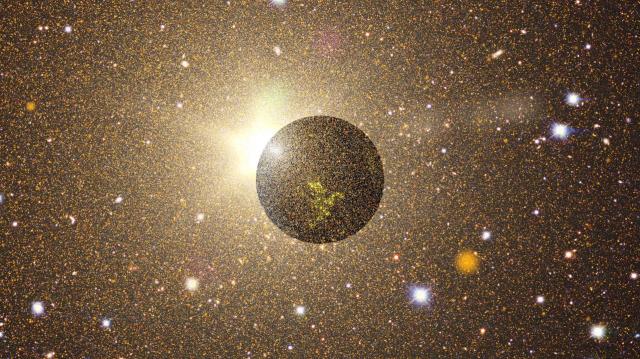
Tiny Ghosts(Neutrinos) - Music Video
Added 740 Views / 0 LikesTiny Ghosts(Neutrinos) - Music Video
-
02:29
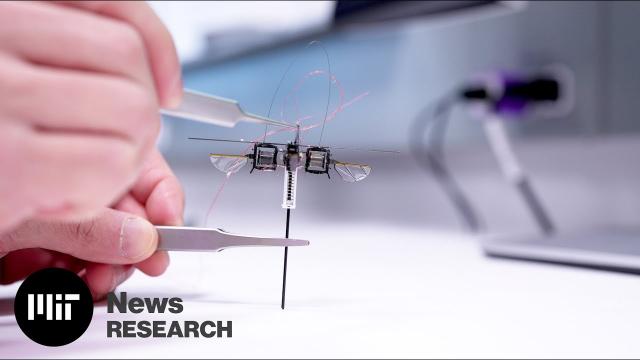
Tiny hopping robots
Added 67 Views / 0 LikesMIT engineers developed an insect-sized jumping robot that can traverse challenging terrains while using far less energy than an aerial robot of comparable size. This tiny, hopping robot can leap over tall obstacles and jump across slanted or uneven surfa
-
05:01
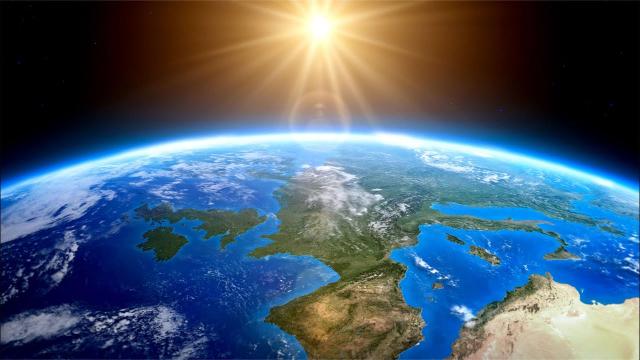
Tips for surviving social distancing from an MIT astronaut
Added 514 Views / 0 LikesKeeping our distance from each other for an extended period of time is the most effective way to reduce COVID-19’s spread. But the prospect of prolonged social isolation is uncharted territory for many of us. To get some insight on how we might navigate t
-
06:19
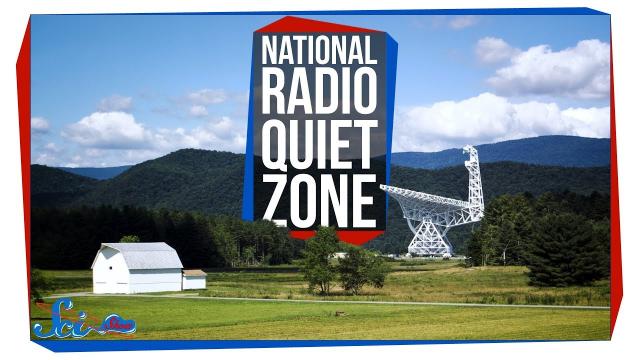
To Study the Universe, This Town Still Bans Cell Phones
Added 494 Views / 0 LikesPart of being very far away from the rest of the universe is that the signals are very faint, so sometimes you need a nice, quiet spot to listen from.Hosted by: Caitlin Hofmeister----------Support SciShow by becoming a patron on Patreon: https://www.patre
-
2:14:30
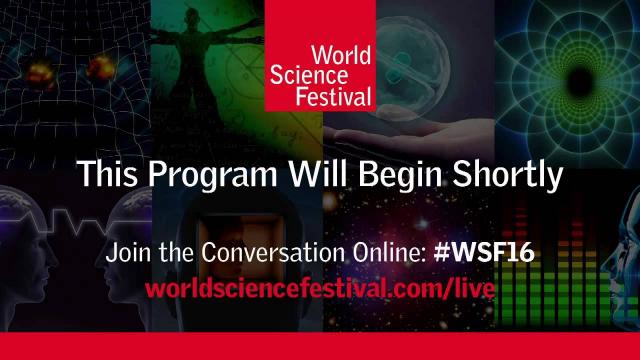
To Unweave a Rainbow: Science and the Essence of Being Human
Added 554 Views / 0 LikesTo Unweave a Rainbow: Science and the Essence of Being Human
-
04:05
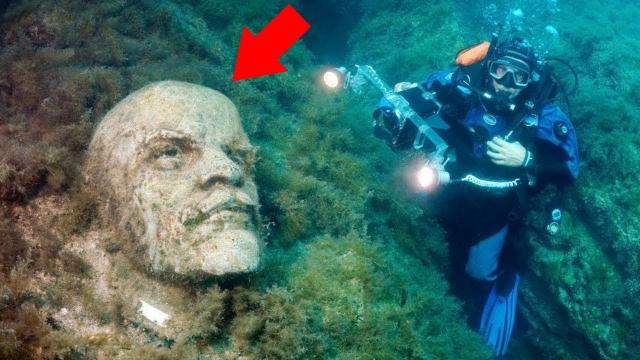
Top 5 Most MYSTERIOUS Places on Earth
Added 585 Views / 0 LikesThere are many wonderful places on this planet that have attracted people to them in great numbers. However, when it comes to finding some unusual and strange places there are a handful of places that really stand out. These mysterious places have seen pe
-
57:28
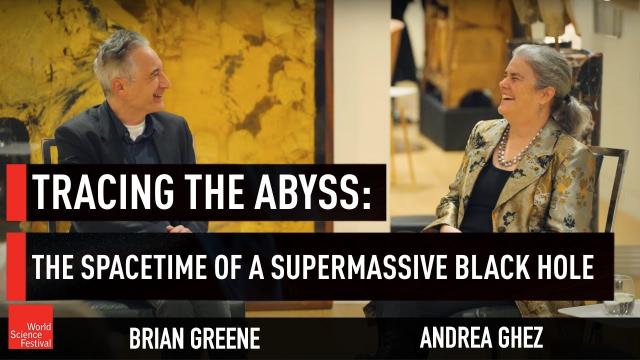
Tracing the Abyss: The Spacetime of a Supermassive Black Hole
Added 39 Views / 0 LikesNobel Laureate Andrea Ghez joins Brian Greene to explore her decade's long pursuit of the supermassive black hole at the center of the Milky Way Galaxy.This program is part of the Big Ideas series, supported by the John Templeton Foundation. Participant:
-
05:59
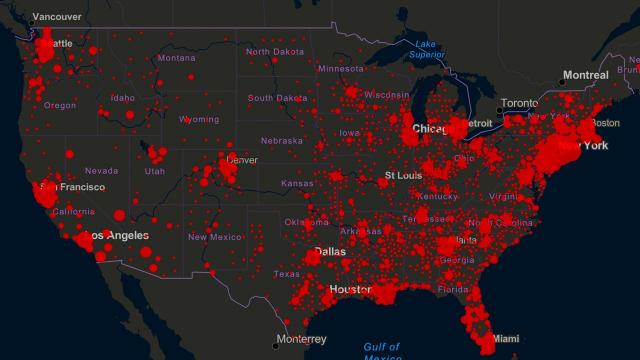
Tracking COVID-19 and MORE!
Added 396 Views / 0 LikesGet the Curiosity Box: https://www.curiositybox.com/***Click "Show More" for links to DONGs***Instagram: http://instagr.am/jakerawrTwitter: http://twitter.com/vsaucethreeCould We Be The Last of Us?: https://www.youtube.com/watch?v=baOlT-1yY4AAnimated spre
-
01:55
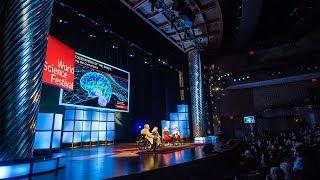
TRAILER - Cartographers of the Brain: Mapping the Connectome
Added 365 Views / 0 LikesSYNOPSIS: Scientists are attempting to map the wiring of the nearly 100 billion neurons in the human brain. Are we close to uncovering the mysteries of the mind or are we only at the beginning of a new frontier? Watch the FULL PROGRAM: https://youtu.be/Oo
-
01:10
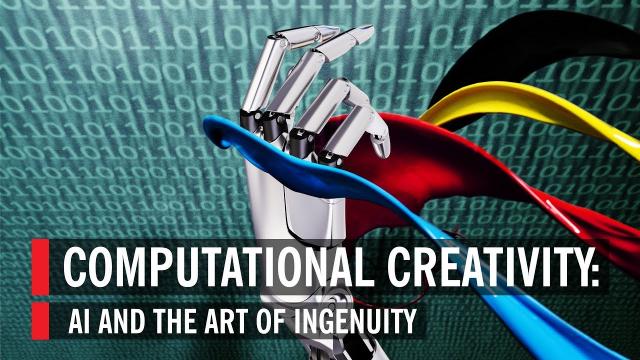
Trailer - Computational Creativity: AI and the Art of Ingenuity
Added 528 Views / 0 LikesWhat's more clever...the human brain or a computer chip? Wach the full program now: https://www.worldsciencefestival.com/videos/computational-creativity-ai-art-ingenuity/Today, there are robots that make art, move like dancers, tell stories, and even help
-
01:39
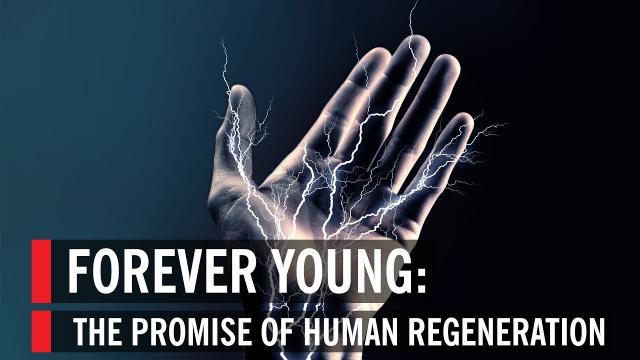
TRAILER - Forever Young: The Promise of Human Regeneration
Added 637 Views / 0 LikesFrom lab-grown organs to tissue engineering, regenerative medicine holds the potential to deliver eternal life. How close are we to a future where we can replace damaged limbs like car parts and create healthy organs of our own design?WATCH THE FULL PROGR
-
01:20
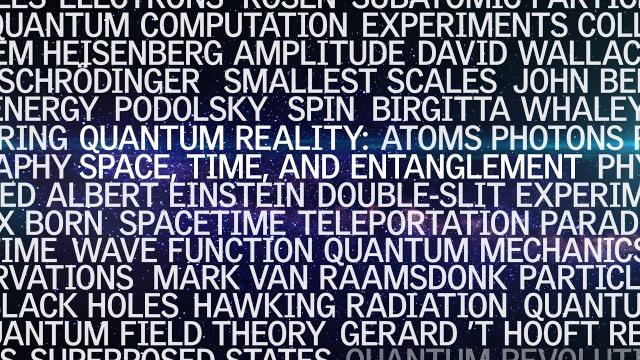
Trailer - Quantum Reality: Space, Time, and Entanglement
Added 630 Views / 0 LikesTrailer - Quantum Reality: Space, Time, and Entanglement
-
01:20
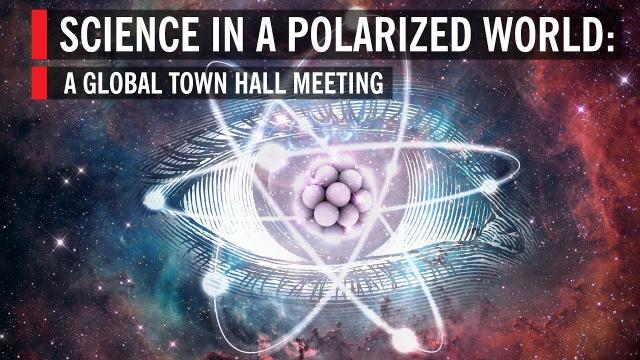
TRAILER - Science In A Polarized World: A Global Town Hall Meeting
Added 551 Views / 0 LikesWATCH THE FULL PROGRAM NOW: https://www.worldsciencefestival.com/videos/science-polarized-world-global-town-hall-meeting/Our age is marked by the proliferation of information, and yet we can’t agree. Science is supposed to be neutral, and yet it has gener
-
01:34
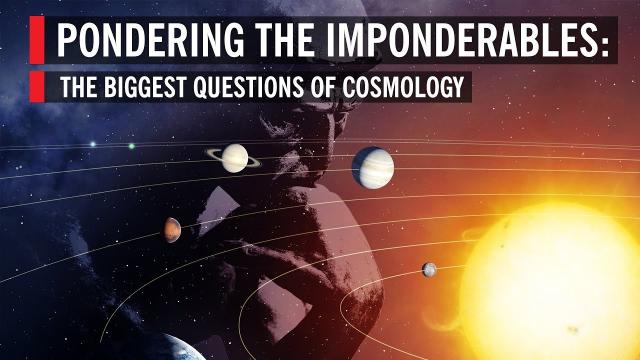
TRAILER: Pondering the Imponderables
Added 433 Views / 0 LikesIs our universe unique or one of many? What happened before the Big Bang? Why is there something rather than nothing? Is infinitely real? Some argue that if these deep questions can’t be answered empirically, they’re not relevant to science. Are they righ

